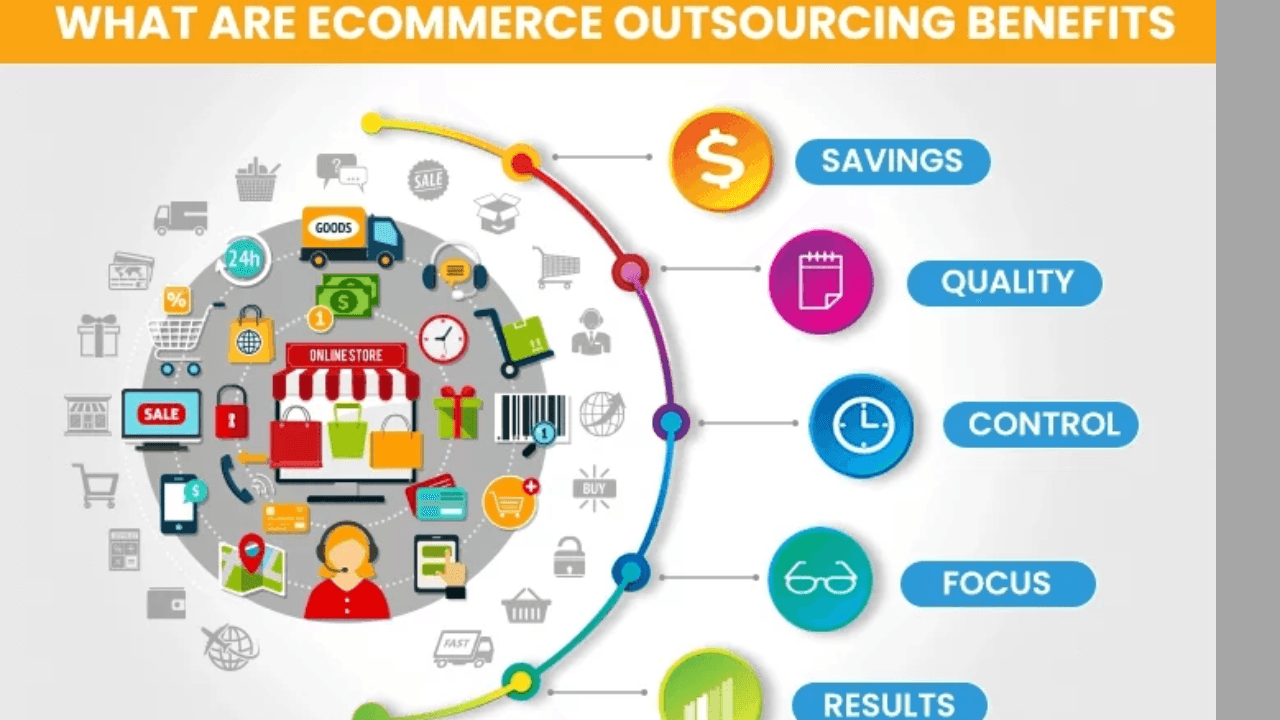Understanding Outsourcing: Definition and Types
Outsourcing refers to the practice of delegating specific business functions or processes to external service providers, typically to reduce costs, enhance efficiency, or leverage specialized expertise. This strategic move has gained traction across various industries, with many companies incorporating outsourcing as a permanent part of their overall business strategy. Vendors can be sourced locally or internationally, and while outsourcing can mean hiring third parties for various tasks, it is essential to distinguish it from similar practices such as offshoring and freelancing.
Among the different types of outsourcing, Business Process Outsourcing (BPO) is one of the most prevalent. BPO involves contracting out specific operational tasks, such as customer service, payroll, or data entry, to specialized external providers. This type of outsourcing allows organizations to focus on their core competencies while efficiently managing non-core activities. In the realm of BPO, companies often choose to collaborate with firms that have established expertise in certain processes, further enhancing productivity through specialization.
Information Technology Outsourcing (ITO) is another common form, predominantly focused on IT services, such as software development, infrastructure management, and technical support. Organizations frequently opt for ITO to access advanced technology and highly skilled talent without the burden of in-house costs, allowing them to stay competitive within their markets.
Additionally, project-based outsourcing refers to hiring external resources for specific projects, ensuring that companies can scale their operations as needed without maintaining permanent staff. This approach allows flexibility in resource allocation and can lead to innovation as organizations can tap into diverse talent pools. Overall, understanding the various types of outsourcing is crucial for businesses aiming to adopt outsourcing as a permanent strategy and leverage the many advantages of outsourcing for continued growth and efficiency.
Cost Efficiency and Resource Allocation
Outsourcing has proven to be a crucial strategy for organizations aiming to enhance their operational efficiency while minimizing costs. By delegating specific business functions to external service providers, companies can significantly reduce labor costs and overhead expenses. This practice enables businesses to focus their resources on core activities, ultimately driving growth and profitability. The advantages of outsourcing not only extend to financial savings but also improve the allocation of resources, ensuring that organizations can invest their time and effort into areas that directly contribute to their strategic objectives.
When companies outsource, they often engage business process outsourcing (BPO) firms, which specialize in particular activities such as IT services, customer support, and human resources. These providers typically offer economies of scale, accessing a wider pool of talent and advanced technologies at a lower cost than what could be achieved internally. This results in significant savings, allowing businesses to allocate their financial and human resources to more critical projects that align with their long-term goals.
Furthermore, outsourcing offers the flexibility to adjust resources based on demand fluctuations. Companies no longer need to maintain a large, permanent workforce, which reduces fixed costs associated with hiring, training, and employee benefits. Instead, you can opt for a variable cost model, where expenses align closely with business activity levels. In this manner, companies can strategically scale operations without incurring substantial losses during downturns, making outsourcing a vital component of their overall business strategy.
Ultimately, by embracing the advantages of outsourcing, organizations can enhance productivity and profitability. The savings garnered through outsourcing can be reinvested into other strategic areas, such as product development or marketing efforts, thus paving the way for sustainable business growth.
Access to Expertise and Technology
One of the fundamental advantages of outsourcing is the immediate access it provides to specialized skills and cutting-edge technology without the necessity for hefty long-term investments. Businesses often struggle to maintain an in-house team equipped with the full range of expertise needed to address specific tasks or projects effectively. By choosing to outsource certain functions, companies can tap into the wealth of knowledge and experience offered by professional firms in each niche. This not only helps enhance service delivery but also introduces innovative solutions that may not be readily available internally.
Embracing the BPO (Business Process Outsourcing) model allows organizations to leverage highly skilled talent who possess the latest training and certifications in their respective fields. For instance, a company focused on IT services can outsource software development to a third-party provider that employs dedicated experts with extensive experience and competency in the latest technologies. This collaboration offers significant improvements in operational efficiency and productivity, thereby giving the company a competitive edge in the market.
Moreover, outsourcing can alleviate the risks associated with talent shortages. In an increasingly complex business landscape, challenges like recruitment difficulties and high turnover rates can hinder growth. By incorporating outsourcing as a permanent part of your overall business strategy, you can mitigate these concerns, ensuring that your organization is not restricted by the limitations of in-house staff. This flexibility allows companies to focus on their core competencies while taking advantage of external expertise, ultimately driving innovation and enhancing their service offerings.
Flexibility and Scalability in Business Operations
In the modern business landscape, flexibility and scalability are essential components for sustainable growth and competitiveness. One of the significant advantages of outsourcing is the ability it offers organizations to adjust their operational capacities in response to market conditions swiftly. When businesses choose to outsource certain functions, such as customer service or IT support, they can scale these services up or down with relative ease. This adaptability enables companies to respond to unexpected fluctuations in demand, such as seasonal peaks or economic shifts, without the need for extensive resources or processes to be established internally.
Moreover, by integrating business process outsourcing (BPO) into their operational models, firms can pivot more quickly when market demands change. For instance, during periods of increased demand for a product or service, outsourcing allows businesses to rapidly expand their operational bandwidth without the delays associated with recruitment, training, and resource allocation. Conversely, during slower periods, they can contract these outsourced services, thus maintaining operational efficiency while minimizing costs. This dynamic capability is crucial for businesses aiming to remain competitive in today’s fast-paced environments.
Additionally, outsourcing non-core activities enables organizations to focus on what they do best, which is often their core competencies. By delegating tasks such as accounting, human resources, or technical support to specialized firms, management can allocate more time and resources toward strategic initiatives that directly contribute to growth and innovation. In this way, outsourcing not only enhances immediate operational flexibility but also supports long-term business objectives, reinforcing the idea that making outsourcing a permanent part of your overall business strategy is both beneficial and necessary for companies looking to thrive in a rapidly evolving marketplace.





